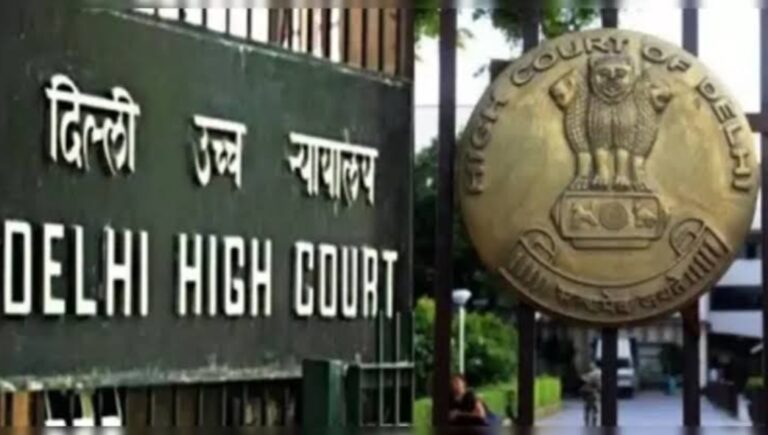In the case reported as [2025] 176 taxmann.com 587 (Delhi), the Delhi High Court dealt with a writ petition filed by an assessee under Article 226 of the Constitution of India, challenging an order-in-original passed under the Goods and Services Tax (GST) law. The impugned order alleged that the assessee had wrongfully availed Input Tax Credit (ITC) based on invoices issued by a non-existent firm. The assessee contended that the firm was genuine and also alleged procedural lapses, including lack of proper hearing. However, the High Court observed that the order was appealable under Section 107 of the CGST Act, 2017, and in the absence of any exceptional circumstances or breach of natural justice, the writ petition was not maintainable. The Court thus directed the assessee to approach the statutory appellate forum, reinforcing the principle that writ jurisdiction should not be invoked where an efficacious alternative remedy exists under law.
Date of Judgment: 09 July 202
Headnote:
GST – Input Tax Credit (ITC):
Where the assessee challenged the order-in-original alleging that a non-existent firm had passed on ineligible Input Tax Credit (ITC) to the assessee, and no violation of principles of natural justice was established, the High Court held that the said order was appealable, and therefore the assessee should approach the appellate authority rather than invoking writ jurisdiction under Article 226.
Key Highlights:
- The department passed an order alleging that the assessee had availed fraudulent ITC on the basis of invoices issued by a non-existent or bogus firm.
- The assessee approached the High Court under Article 226, contending:
- The firm was not bogus.
- There was denial of proper opportunity of being heard.
- The Court observed that:
- The impugned order was an adjudication order (order-in-original) passed under GST law.
- It was appealable under Section 107 of the CGST Act, 2017.
- No exceptional circumstances were shown to justify bypassing the statutory remedy of appeal.
- Held:
“Since the order is appealable, the assessee must first avail of the appellate remedy provided under the Act.”
Conclusion:
The High Court did not entertain the writ petition and relegated the assessee to file an appeal before the appropriate Appellate Authority under the CGST Act.
